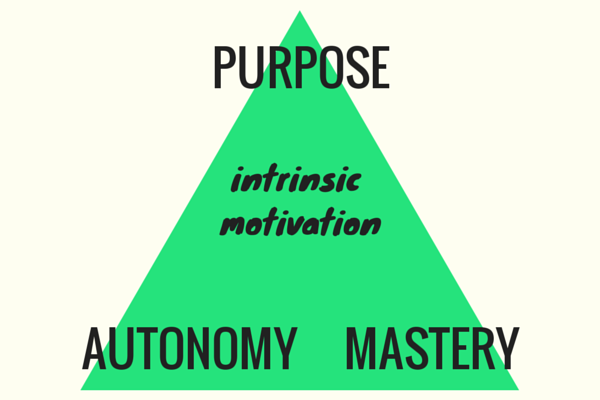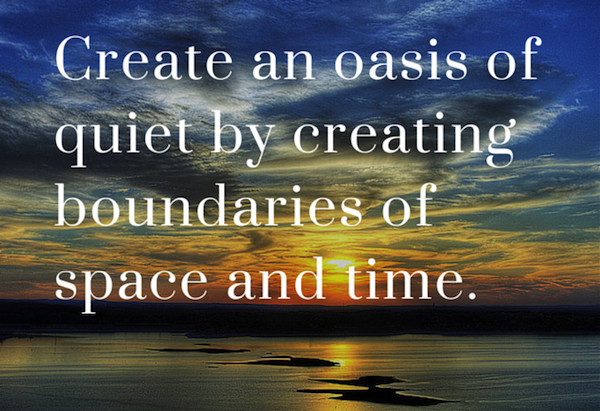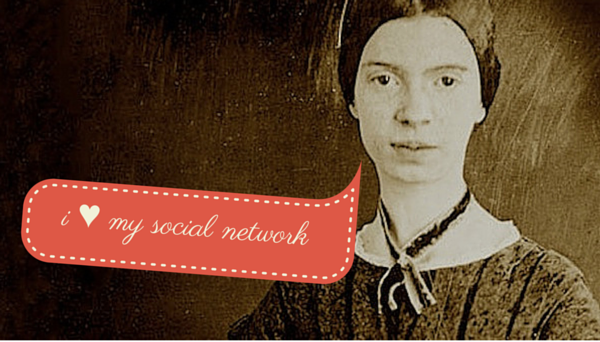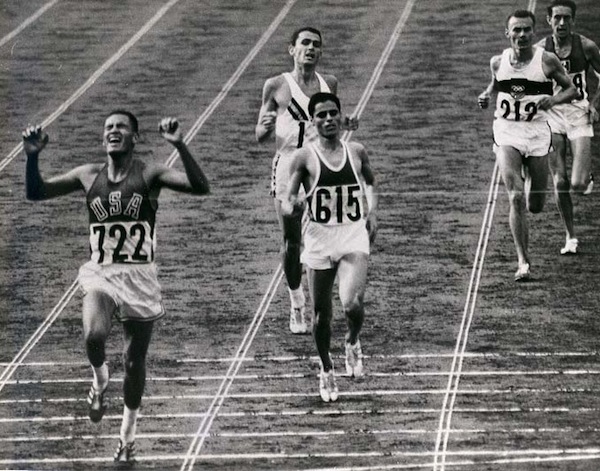Whether it’s a nice cup of tea or coffee or reviewing your diary, regular routines and rituals help forge the discipline, energy, and mental space to consistently make progress.
We reached out to some productivity superstars to ask:
What is one routine or ritual that contributes to your happiness and success?
You may think that the best entrepreneurs that you know are machines. They get stuff done, never seem to get tired and just crank it out regardless of how they’re feeling and what else is going on in their lives.
It turns out that that’s a myth, and the most productive entrepreneurs are the ones who actively manage their health, well being, and productivity by relying on personal mental health routines.
Routines and rituals are inherently very personal. What works for you won’t necessarily work for somebody else — but the main takeaway here is to prioritize aspects of your life to create balance.
Here’s what they had to say.









